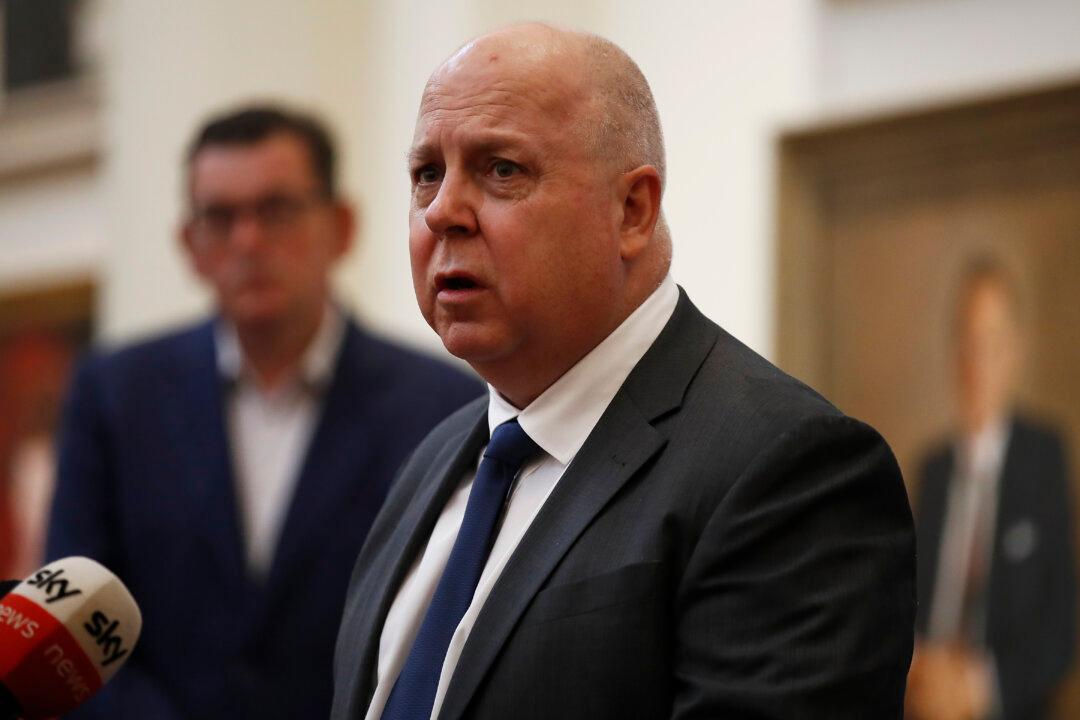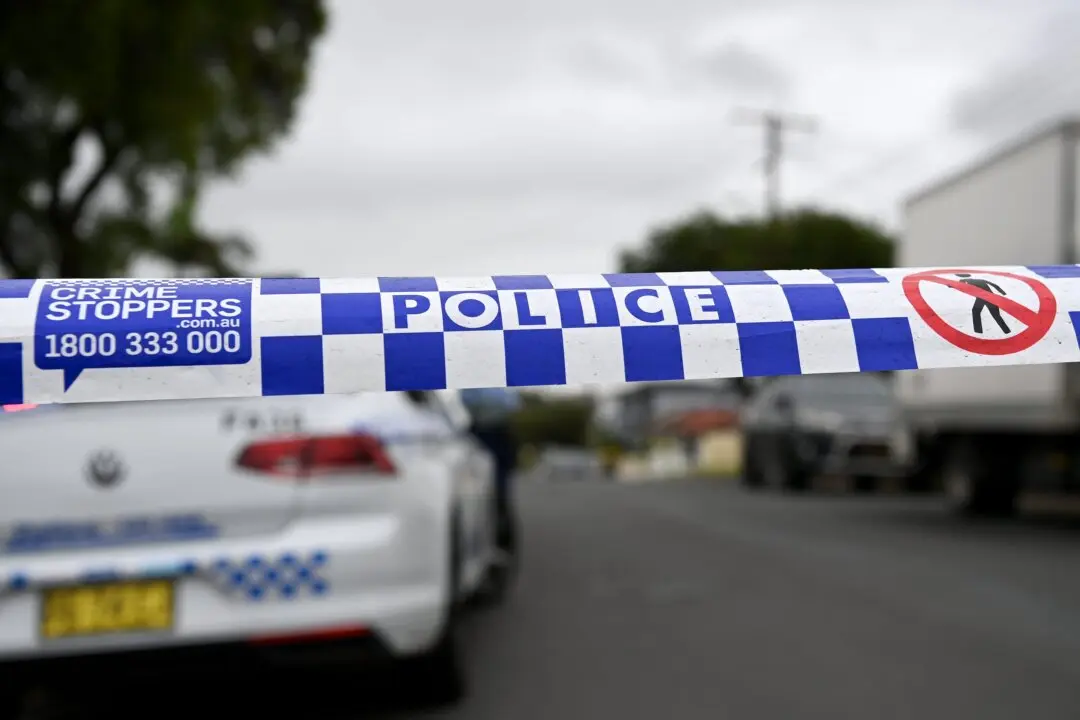The Victorian government’s latest economic recovery plan for bigger taxes on higher-end property owners is unpopular with real estate and business advocates.
New taxes to hit wealthier Victorians are proving controversial with the state’s peak real estate body calling the measures an “assault” on property owners.





